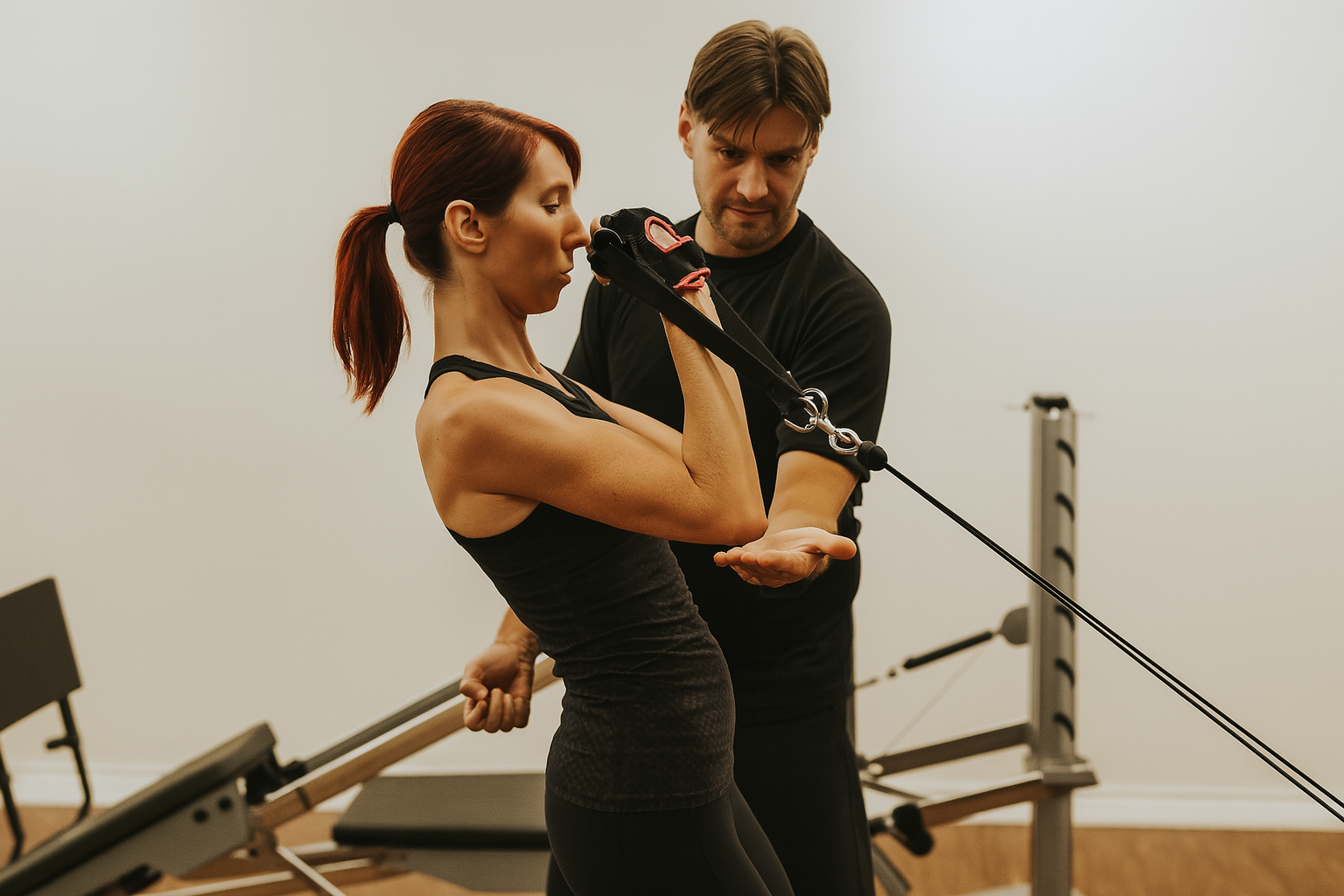Functional training can often feel overwhelming, especially when workouts are overcomplicated or when there are high expectations set. This complexity can contribute significantly to workout-related stress. It is vital to recognize that functional training should enhance your daily life, not add pressure to it.
Simplify Functional Training with Smaller Steps
One effective way to simplify functional training is to break down exercises into manageable sections. For instance, dedicate separate days for strength training and mobility exercises. By segmenting workouts, you can focus better and feel a greater sense of control over your training.
“Starting small helped me feel more in control and less overwhelmed by workouts.” Sarah, Tsquared Personal Training client.
Focus on Progress Over Perfection
In functional training, it's crucial to emphasize progress rather than striving for perfection. Focus on tracking improvements in your form or stamina, rather than just numbers. This shift in mindset can lead to a more enjoyable fitness journey. For example, Lisa overcame her workout anxiety by celebrating gradual, consistent progress, ultimately regaining her confidence and energy.
Recovery: A Vital Part of Stress-Free Fitness
Recovery plays an essential role in achieving long-term success in fitness. Incorporating rest days into your routine can significantly reduce burnout and improve overall results. Understanding and prioritizing recovery will not only enhance your workouts but also ensure you enjoy the process of getting fit.
How to Build Confidence in Functional Training
Research on Recovery in Fitness: Benefits of Recovery
Call to Action
Ready to simplify your functional training? Book a personalized training session with Tsquared Personal Training today. Don't forget to follow Tsquared on Instagram for tips on simplifying workouts!
FAQ
- What is functional training? Functional training focuses on exercises that mimic daily life activities, improving overall strength and coordination.
- How can I start with functional training? Begin by breaking down exercises into manageable segments and focusing on easier routines before progressing.
- Why is recovery important in fitness? Recovery allows your body to repair itself after workouts, preventing burnout and offering better results in the long run.
- Can functional training help with daily activities? Yes, its goal is to enhance your performance in everyday tasks by improving strength, mobility, and coordination.
- What should I track during functional training? Focus on improvements in form, stamina, and confidence rather than just numerical goals to ensure sustained progress.






